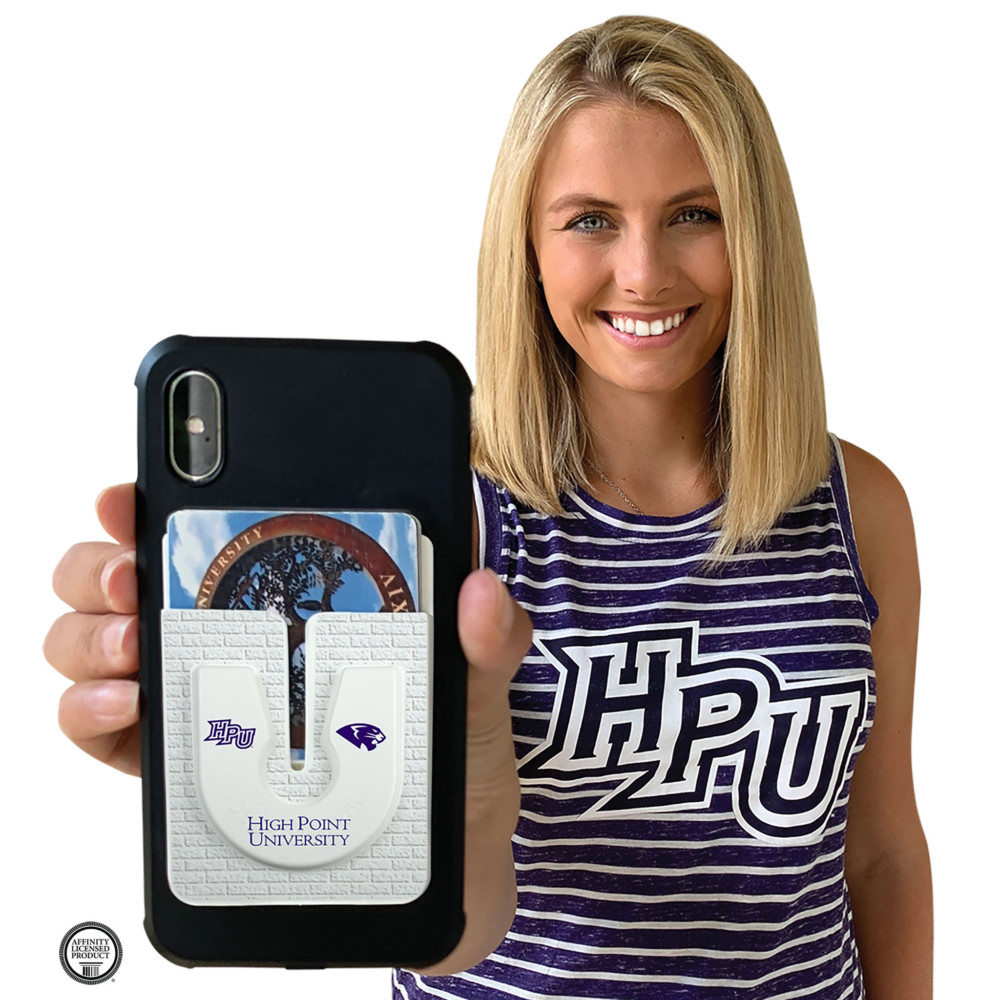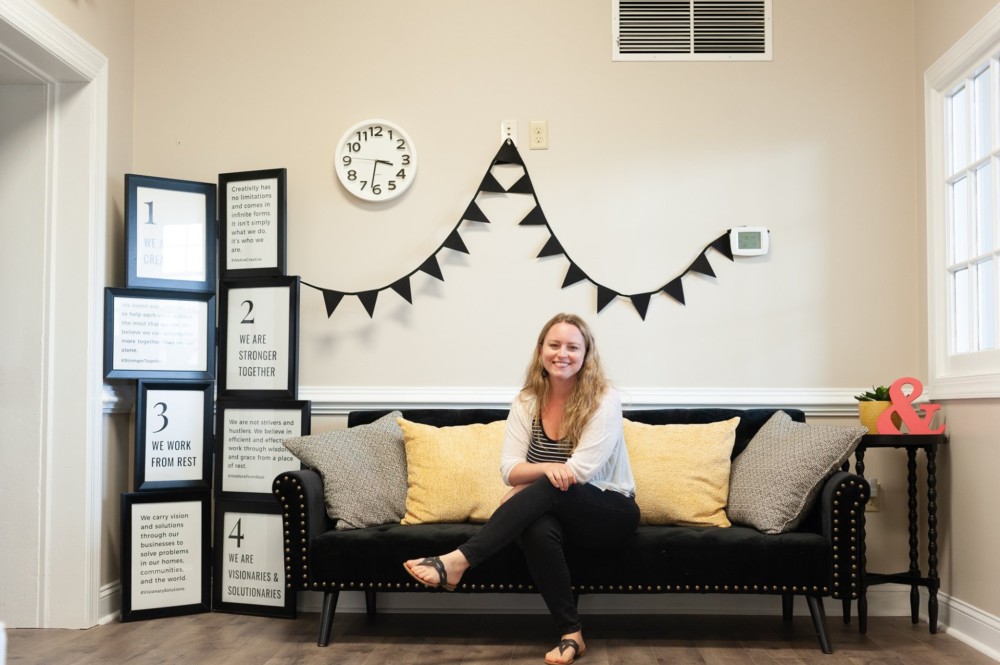By Don Worthington
The Herald (Rock Hill, S.C.)
WWR Article Summary (tl;dr) Several individuals in Rock Hill S.C. are using the power of entrepreneurship to create an economic environment that attracts small businesses and entrepreneurs to stay in the community. The community recently hosted a “Shark Tank” styled pitch competition where young people were encourage to pitch. Budding women in business like student athletes Taylor Grace Pearson and Taylor Ramsey came up the idea for “Snacks On The Run,” a catering service that parents could use to order healthy snacks for their sports teams, students or any other gatherings.
Rock Hill, S.C.
In the event billed as Rock Hill’s Shark Tank, the judges for Friday’s competition at Winthrop University were hardly as menacing as those you see on the ABC reality show.
Rock Hill’s Shark Tank should have been labeled “Tame Tank,” as the four judges — all local entrepreneurs — were as menacing as manatees.
They asked few questions, but faced a task as difficult as their TV counterparts: ideas pitched from 17 teams of students ranging from middle school to college age who were supported by spreadsheets, research and power-point presentations — all completed within a five-minute window. Some of the students — including those in middle school — were polished and persuasive presenters.
Picking a winner was not easy. The teams were judged not only on their ideas, but also on their use of technology, the competitiveness of the idea and the all-important question — could it be launched into a profitable business?
Rock Hill Shark Tank, technically the second annual Business Model Competition “Pitch Night,” is the idea of David Warner. Officially, Warner is the director of the Technology Incubator at Knowledge Park, helping aspiring tech entrepreneurs turn their ideas into businesses.
But unofficially, Warner is one of the people in Rock Hill pushing the importance of entrepreneurship, a critical component in Rock Hill’s Knowledge Park economic development strategy.
The Knowledge Park strategy has several parts. One is the physical redevelopment of the former Rock Hill Finishing & Printing Co. site into a place where people can live, work and play.
The strategy is also to create an economic environment that attracts small businesses and entrepreneurs to Rock Hill. Small businesses always have been the backbone of the U.S. economy. Small businesses and entrepreneurs are the ones creating jobs. Most U.S. manufacturers and other big corporations are not creating new jobs, Warner said.
The Knowledge Park strategy is also about keeping those residing in Rock Hill in Rock Hill, giving them an economic reason to stay.
So there’s no better way to achieve talent development than to start stressing the importance of entrepreneurship as early as middle school, according to Warner and others.
This year’s competition had teams from all five Rock Hill middle schools, all three Rock Hill high schools, and seven teams of Winthrop students. This was the first year high school students competed in the Shark Tank.
Olivia Gates, Reagan Hughes, Mason Martin, Lacie Whitehead and Jonah Wilson of Rawlinson Road Middle School, started their pitch in a familiar fashion. They wanted to create a food truck — but not just any food truck.
Ordering at their truck would be done through an exterior computer tablet.
They estimated their initial costs at $150,000 for the truck, and their operating costs at $350 a month for gas, $600 for inventory and then wages of $7 to $10 an hour for their workers.
What convinced the judges they had something different was their menu. They wanted to create the “Sweet Treats” food truck that would have cupcakes, cheesecakes and cannolis — as well as pies and other treats.
But what set their idea apart was they wanted to “have something for everyone,” making sure they were offering some treats that were sugar-free, gluten-free and peanut-free. They also proposed to have some treats that were low in calories. They won the middle school competition.
The winning high school team also was food related.
Taylor Grace Pearson and Taylor Ramsey play volleyball at South Pointe High School. They know the importance of a pre- or post-game snack. They also know that the duty of providing one usually falls to parents, which can be stressful.
Along with Rodricus Neely, they worked before school for a week to design “Snacks On The Run,” a catering service that parents could use to order healthy snacks for their sports teams, students or any other gatherings.
“Healthy snacks will be just one click away,” said the South Pointe students.
Pearson, Ramsey and Neely said they also learned a valuable lesson from listening to the middle school presentations: always make your pitch directly to the judges.
The competition among Winthrop students was intense.
The team of Anne Cushman, Emily Cricke and Macey Bosley won the most innovative award for an idea that didn’t place in the top three. Their idea was an interactive computer app that turned getting to know local Rock Hill businesses into a game.
The third-place team of Maria Clarken, Emelyne Henderson and Alyssa Lamb proposed a bicycle sharing system and computer app. They said there is a need for a way to share bikes because Rock Hill lacks a good public transportation system. They also noted that their business could grow as Rock Hill and York County add more cycling and pedestrian trails. They won $500.
The second-place team of Cody Knight and Emily Rounds proposed a company called “Ourchives” which would digitize oral histories recorded on cassette or reel-to-reel tapes. They also would offer a service to families to record their stories. No family should have to lose those memories, Knight and Rounds said. They won $1,000.
The first-place team of Eric Hammett, Tyler Morris and James Thomasson won $1,500.
The three Winthrop students came dressed in suits. They had a sample of their product to hand to the judges, Their power-point presentation had spreadsheets that showed their fixed and variable costs — and their revenue projections for each level of their product.
And, as they made their pitch, it wasn’t hard to envision them in a backwoods blind, their faces covered with camo paint as they tried to call ducks. While they admit they the like the idea of being their own Duck Dynasty, they told the judges that they wanted to limit their product — a subscription service that would deliver hunting essentials to your door on a monthly basis — to South Carolina.
Why? Each state has its own set of hunting and gaming rules, they said. They know the S.C. rules.
And, they estimated, even if they reach just 11 percent of the more than 180,000 hunters in the state — 20,000 subscribers — their business could be profitable.
Winthrop’s Duck Dynasty will get to see what it will take to make Nature Calls take flight. In addition to the cash prize they won the services of the Technology Incubator to evaluate their idea and see what is needed to make it in the business world.

















































































































































































































































































































































































